
India vs Pakistan Cricket: The World's Most Intense Sporting Rivalry - A Complete Guide
When India meets Pakistan on a cricket field, the world stops. Streets empty, offices close, and millions of hearts race with every ball bowled. This isn’t just cricket – it’s history, politics, and pure emotion wrapped into 22 yards of drama.
But how did a simple game become the most watched and emotionally charged sporting rivalry on the planet? Let’s dive into the fascinating story of India vs Pakistan cricket – a tale that begins with the painful partition of a nation and continues to captivate billions today.
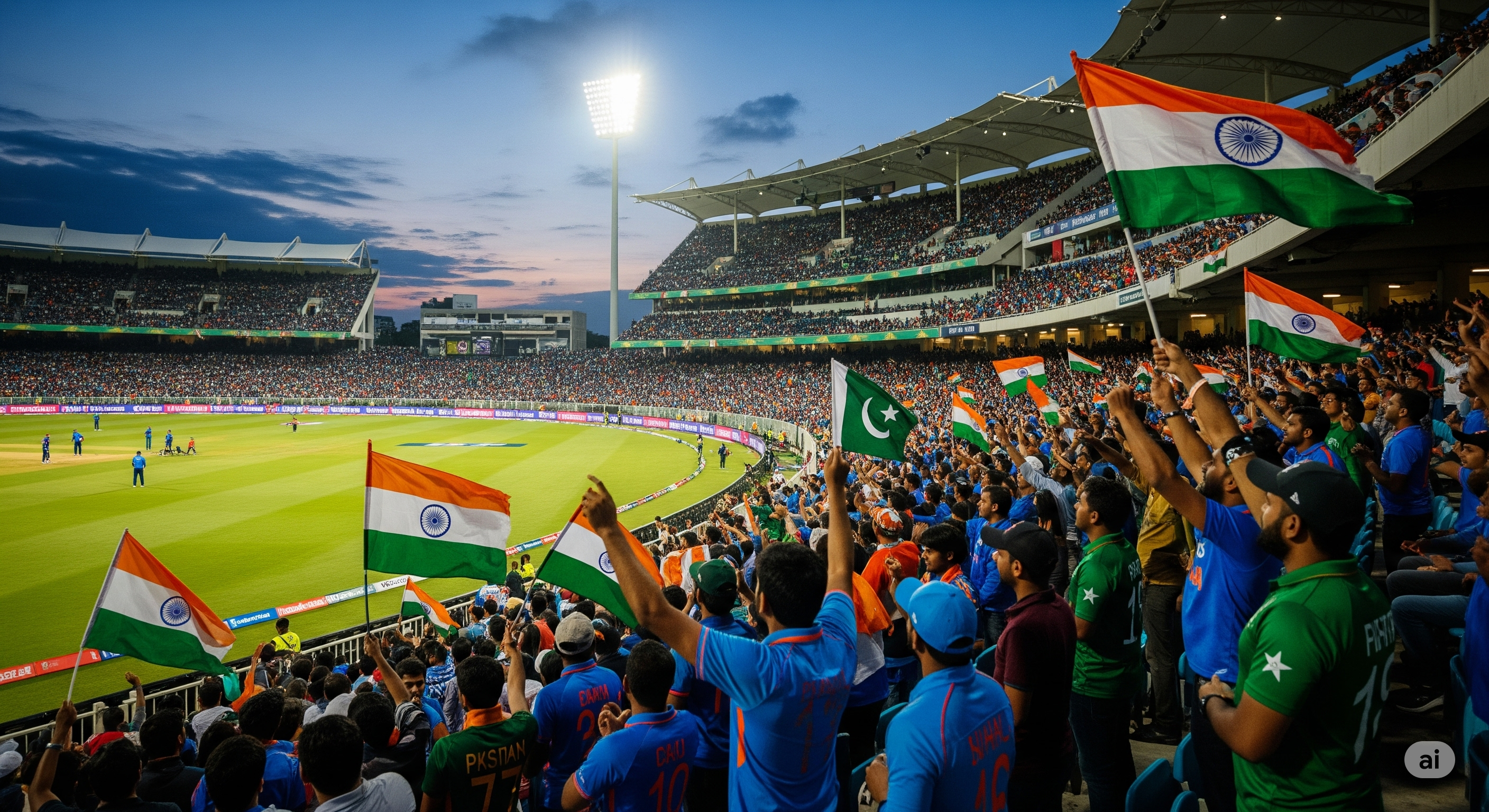
The Birth of a Rivalry: 1947 and Beyond
The India-Pakistan cricket rivalry didn’t start with a coin toss – it began with one of history’s most traumatic events: the Partition of British India in 1947. When the British Empire divided the subcontinent into India and Pakistan, it created not just two new nations, but a sporting rivalry that would define cricket for generations.
The First Battle: 1952
The inaugural cricket match between these newly formed nations took place in 1952, marking the official beginning of what would become sport’s most intense rivalry. In their first Test match in Delhi, India secured victory by an innings and 70 runs. But Pakistan’s rapid rise was evident – just three years later in 1955, they managed to draw a series with India, showcasing their ability to compete at the highest level despite being cricket’s newest nation.
Did You Know? The very first India vs Pakistan cricket match was more than just sport – it was two young nations testing their identities on the cricket field.
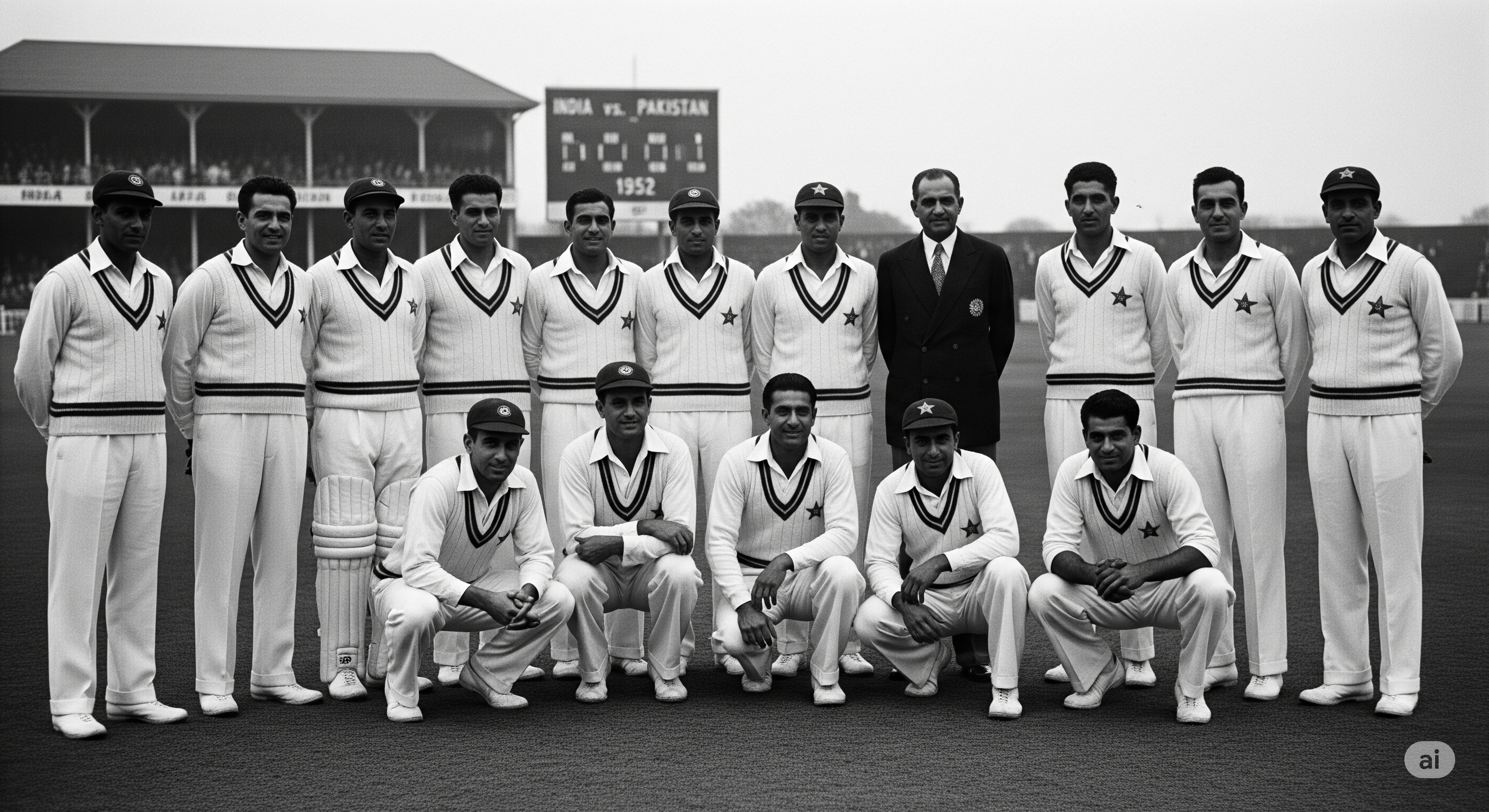
When Politics Stopped Play: The Silent Years
Cricket between India and Pakistan has never been immune to political tensions. The Indo-Pakistani Wars of 1965 and 1971 completely severed cricketing ties for over a decade. These weren’t just breaks in the sporting calendar – they symbolized the complete breakdown of bilateral relations.
The resumption of cricket in 1978 was a conscious diplomatic effort. Leaders on both sides recognized cricket’s power as a bridge between hostile nations. This established a pattern that continues today: cricket as both a diplomatic tool and a casualty of political conflict.
Cricket Diplomacy in Action
Some of the most memorable moments of “cricket diplomacy” include:
- 1987: Pakistani President Zia-ul-Haq attending a cricket match in India as a symbol of potential peace
- 1999: The Chennai crowd giving Pakistan’s team a standing ovation despite their victory over India
- 2011: Prime Ministers of both nations watching the World Cup semi-final together in Mohali
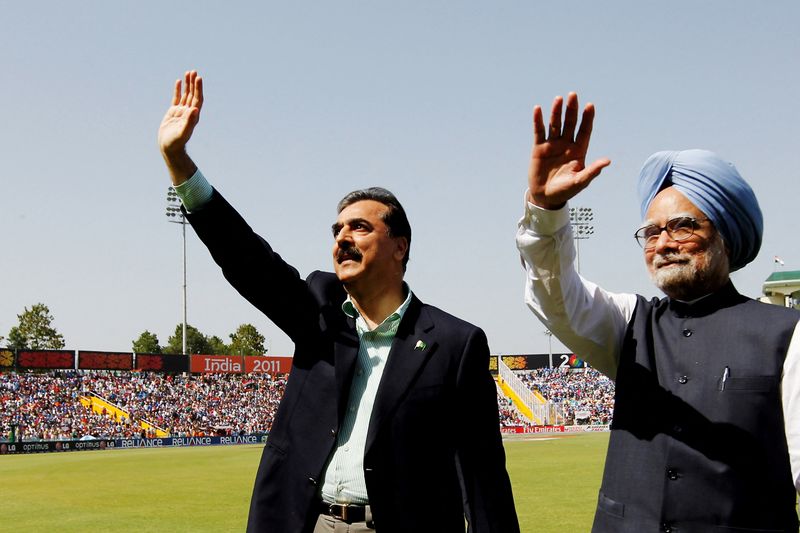
The Numbers Don’t Lie: A Statistical Tale
Here’s where the rivalry gets interesting from a numbers perspective. The overall head-to-head record might surprise you:
| Format | Total Matches | Pakistan Won | India Won | Draw/Tie/No Result |
|---|---|---|---|---|
| Test | 59 | 12 | 9 | 38 |
| ODI | 136 | 73 | 58 | 5 |
| T20I | 13 | 3 | 9 | 1 |
Pakistan holds the historical lead in the longer formats, but here’s where it gets fascinating…
The World Cup Paradox
While Pakistan leads in overall matches, India has established complete dominance where it matters most – ICC World Cups:
| Tournament | Matches Played | India Won | Pakistan Won |
|---|---|---|---|
| ODI World Cup | 8 | 8 | 0 |
| T20 World Cup | 8 | 6 | 1 |
| Champions Trophy | 6 | 3 | 3 |
India’s 8-0 record against Pakistan in ODI World Cups is perhaps the most defining statistic of this rivalry. For Pakistani fans, it’s a “jinx” that seems impossible to break. For Indians, it’s a source of immense pride.
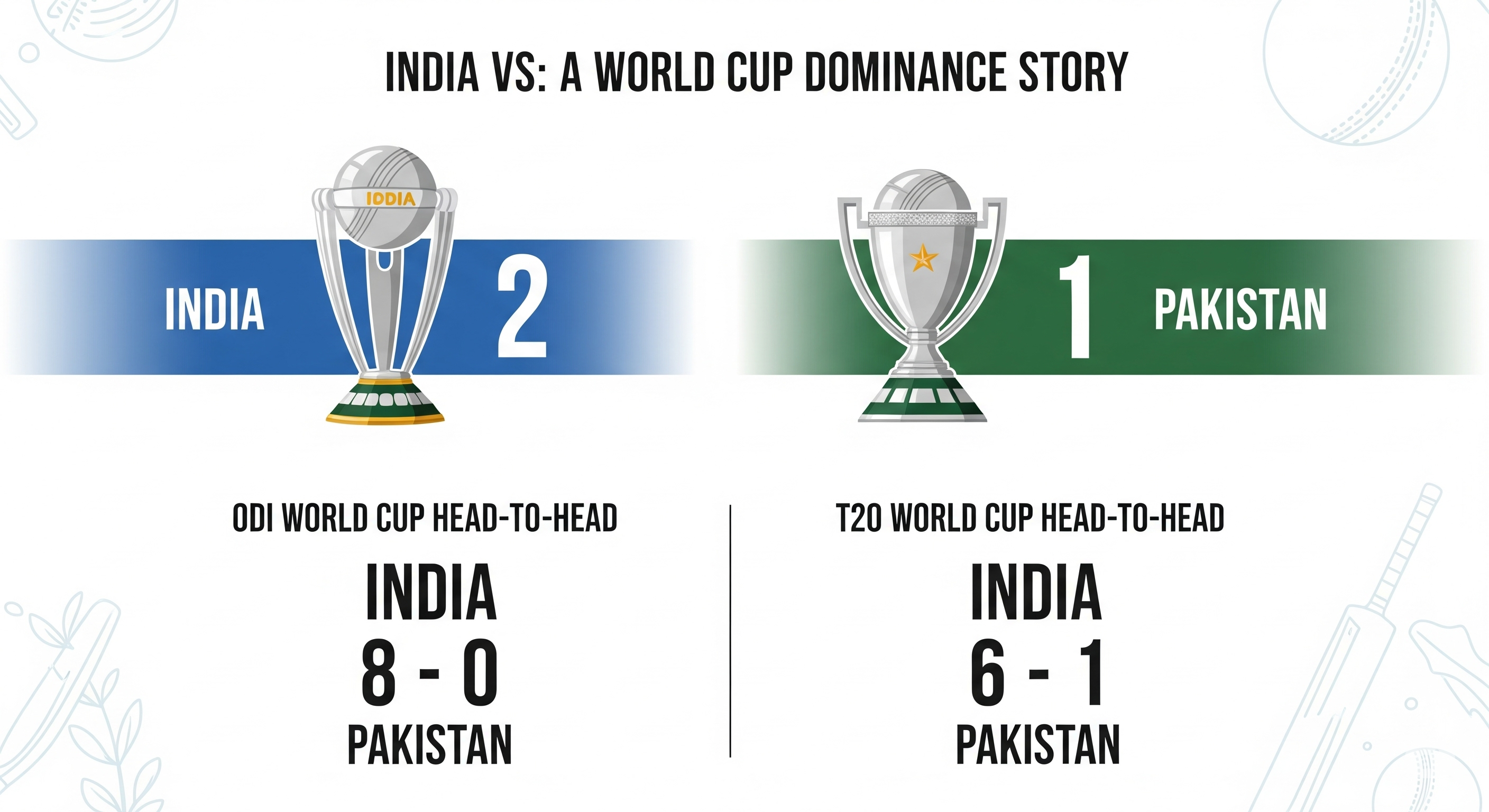
Legends Who Defined the Rivalry
The Batting vs Bowling Philosophy
The rivalry has always been defined by contrasting strengths:
India’s Identity: Built on batting depth and world-class spin bowling. From Sunil Gavaskar to the legendary “Spin Quartet” of the 1960s-70s, India has consistently produced technically sound batsmen and masterful spinners.
Pakistan’s DNA: An endless supply of lethal fast bowlers. From Imran Khan’s pioneering “reverse swing” to the wizardry of Wasim Akram and Waqar Younis, Pakistan’s pace attack has been their calling card.
Iconic Duels That Became Legend
Sunil Gavaskar vs Imran Khan: The stoic Indian batting “wall” against the fiery Pakistani all-rounder. Their rivalry was marked by deep mutual respect – Imran once persuaded Gavaskar to postpone retirement just to face him one last time.
Sachin Tendulkar vs Wasim Akram: Tendulkar’s maiden Test fifty at age 16 came against Akram’s fearsome pace attack. Years later, Tendulkar would call Akram a “master” who “made the ball talk.”
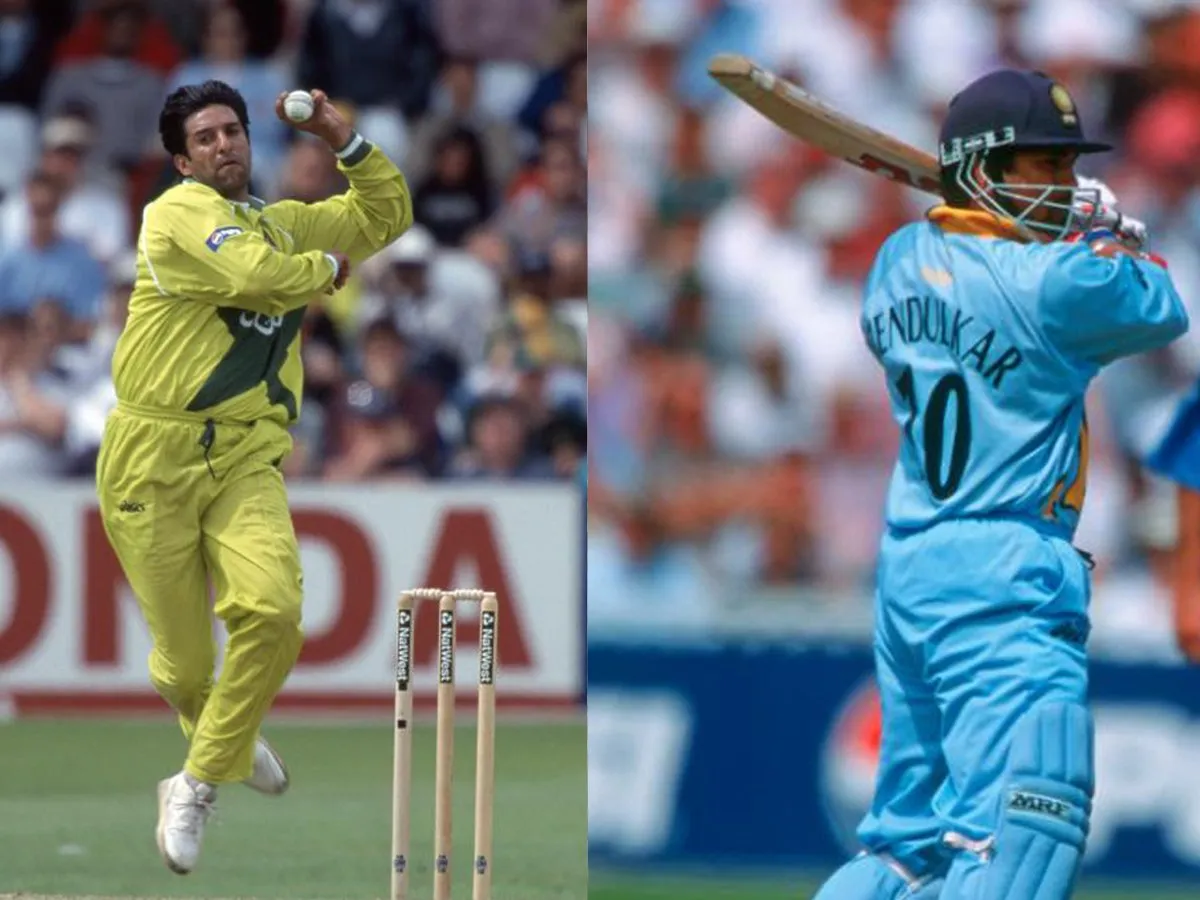
Matches That Stopped Nations
The Last-Ball Thriller (1986)
The Austral-Asia Cup Final in Sharjah remains legendary. With four runs needed off the final ball, Javed Miandad hit a six off Chetan Sharma, snatching victory for Pakistan. That shot turned Miandad into a national hero overnight.
The Heated Quarter-Final (1996)
The 1996 World Cup quarter-final in Bengaluru is remembered for the confrontation between Venkatesh Prasad and Aamer Sohail. After hitting a boundary, Sohail taunted Prasad, who responded on the next ball by shattering Sohail’s off stump and giving him a fiery “send-off.”
Tendulkar’s Masterclass (2003)
In the 2003 World Cup in Centurion, Sachin Tendulkar produced a blistering 98 against Pakistan’s pace attack. The most remembered shot? An audacious uppercut for six off Shoaib Akhtar – pure genius that propelled India to victory.

The Modern Era: Tournament-Only Battles
Since the 2008 Mumbai terrorist attacks, bilateral cricket series between India and Pakistan have been suspended. Now, these cricket superpowers meet only in multi-nation tournaments – making every encounter even more precious and pressure-packed.
The Pressure Cooker Effect
With fewer opportunities to play, each match carries immense weight. Players describe the experience as “bearing the hopes of millions.” The absence of regular series has transformed the rivalry from a continuous narrative into highly concentrated, do-or-die spectacles.
Pro Tip: The lack of bilateral series hasn’t weakened the rivalry – it’s made every single match feel like a final.
Current Team Dynamics
Pakistan’s Modern Strengths:
- Formidable pace attack (Shaheen Shah Afridi, Haris Rauf)
- More aggressive batting philosophy
- Strong performance in UAE conditions
India’s Current Arsenal:
- Batting depth and spin quality
- Balanced squad composition
- Strong leadership structure
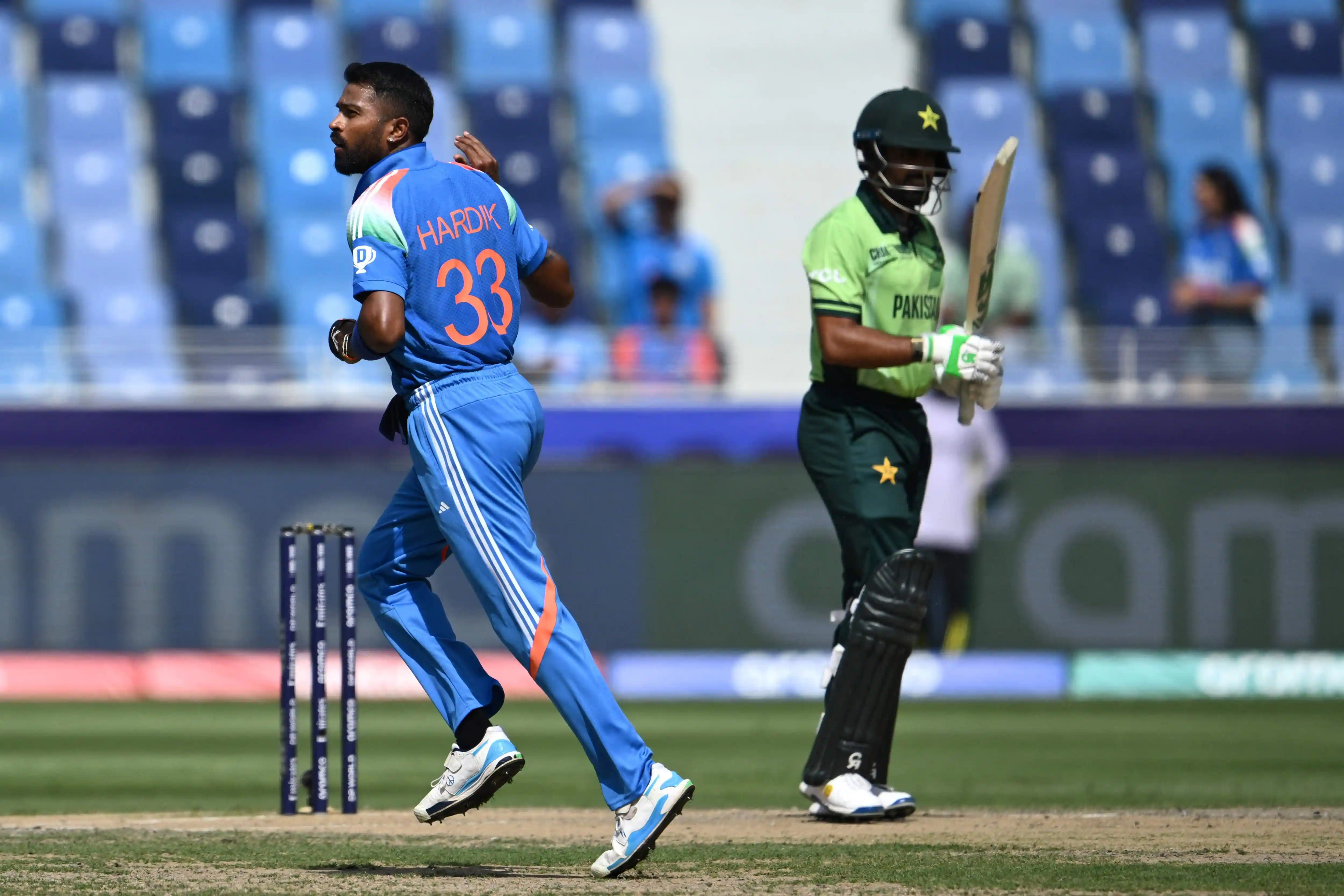
The Fan Factor: When Cricket Becomes Religion
Cricket in the subcontinent isn’t just a sport – it’s described as a “religion.” When India faces Pakistan:
- Streets empty across both nations
- Offices shut down or install big screens
- Families gather around televisions like it’s a festival
- Social media explodes with predictions and prayers
The psychological pressure on players is immense. They know that victory brings national celebration, while defeat leads to endless scrutiny and criticism.
The Diplomatic Dance
Cricket has repeatedly served as both a diplomatic bridge and a political battlefield. While matches can ease tensions (like the 2004 “Peace Tour”), they can also become flashpoints for nationalist fervor.

Key Takeaways
- Historical Roots: The rivalry began with the 1947 Partition and reflects the complex relationship between two nations
- Statistical Paradox: Pakistan leads in overall wins, but India dominates World Cups (8-0 in ODI World Cups)
- Political Impact: Matches are suspended during conflicts but used as diplomatic tools during peace efforts
- Modern Reality: No bilateral series since 2008; only tournament encounters make each match ultra-high stakes
- Cultural Phenomenon: More than sport – it’s a shared obsession that unites and divides two nations
- Strategic Battle: Classic clash of India’s batting/spin vs Pakistan’s pace attack
The Future of the Rivalry
Despite political tensions, cricket legends from both sides advocate for resuming bilateral series. As Wasim Akram puts it, cricket should build bridges, not walls. The hope remains that this great sporting saga will one day return to a continuous narrative rather than isolated moments of brilliance.
Until then, every India vs Pakistan encounter remains what it has always been – the most watched, most emotional, and most unpredictable match in world cricket. It’s not just a game; it’s history unfolding, 22 yards at a time.

What’s your most memorable India vs Pakistan cricket moment? Share your thoughts and join the conversation about the world’s greatest sporting rivalry.
You May Also Like
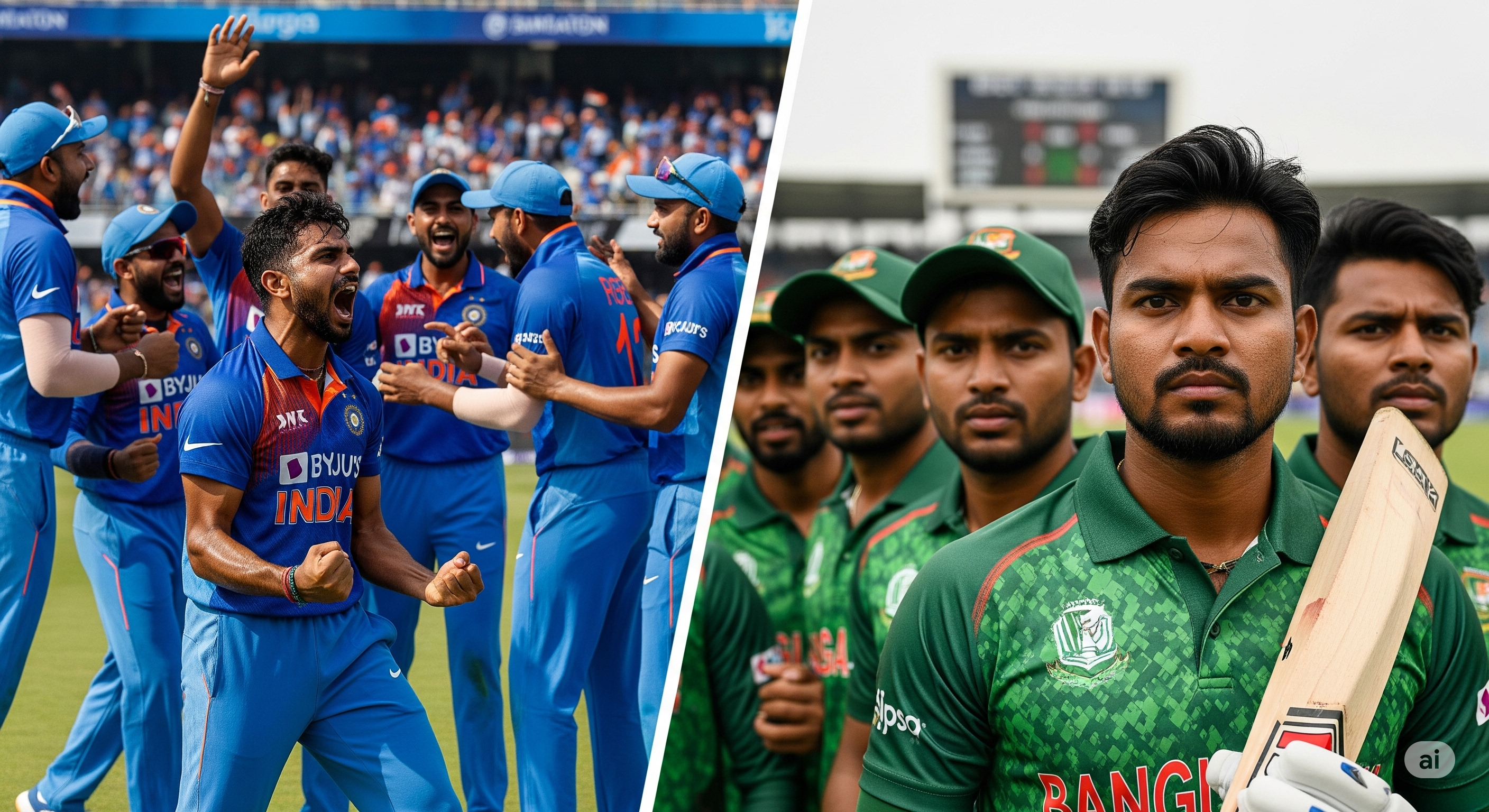
The Roaring "Asian Clasico": Unpacking the Fiery India-Bangladesh Cricket Rivalry

Rohit Sharma’s Greatest IPL Moments
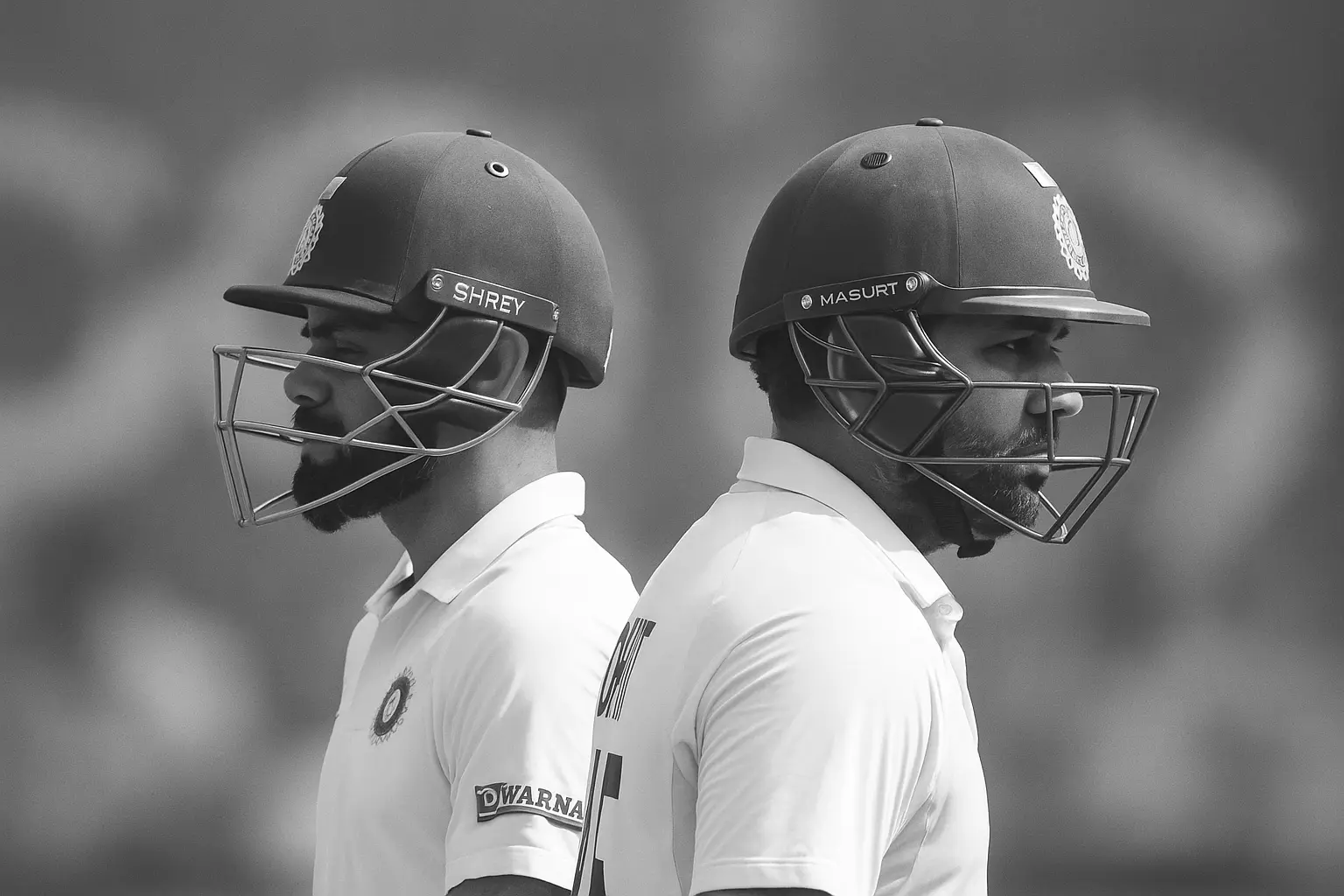
End of an Era: Kohli and Rohit Sign Off from Tests

Top 10 Fast Bowlers in Indian Cricket History - India's Best Fast Bowlers Ranked
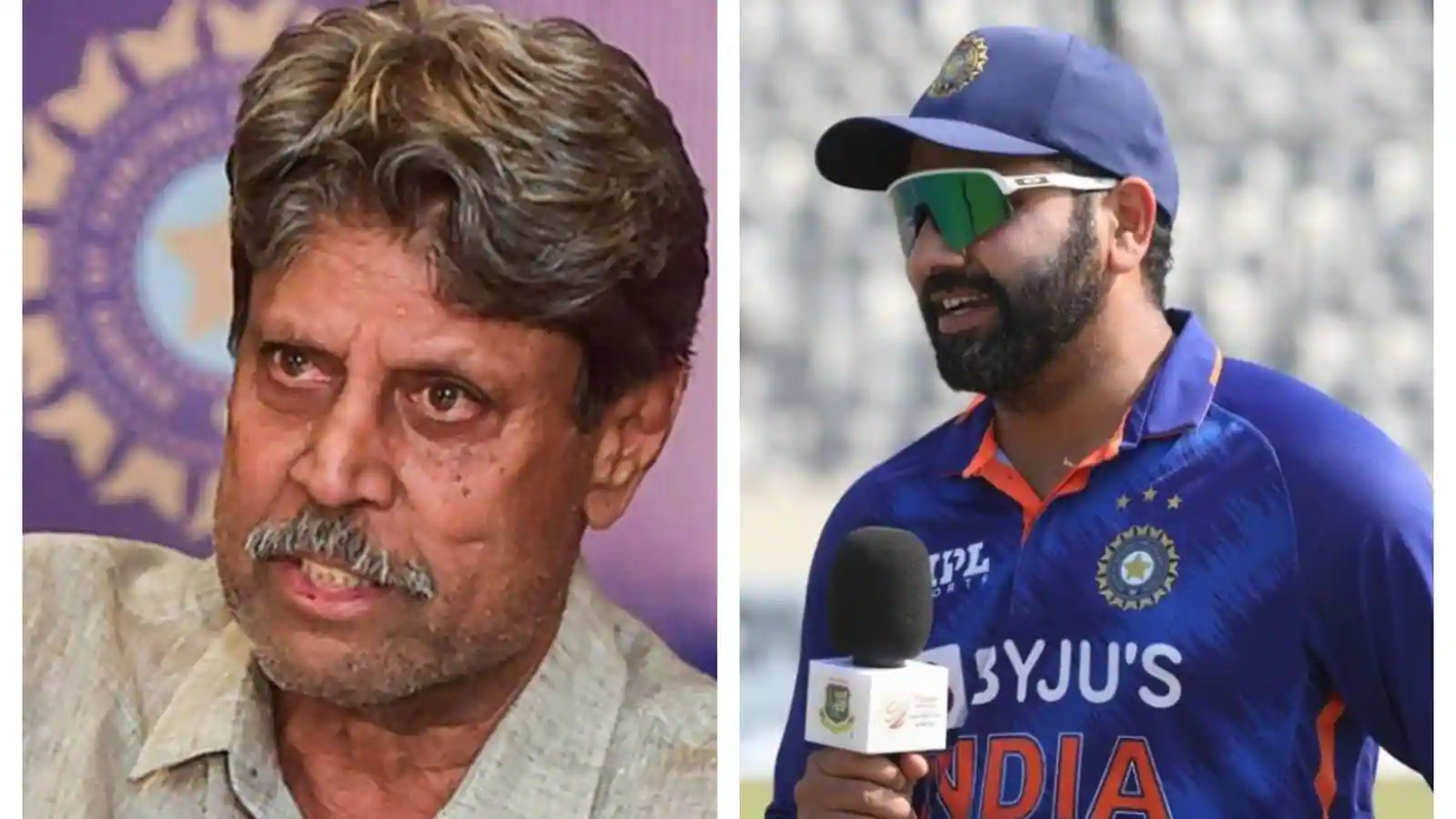
The Evolution of Indian Cricket Captaincy: From Kapil to Rohit
